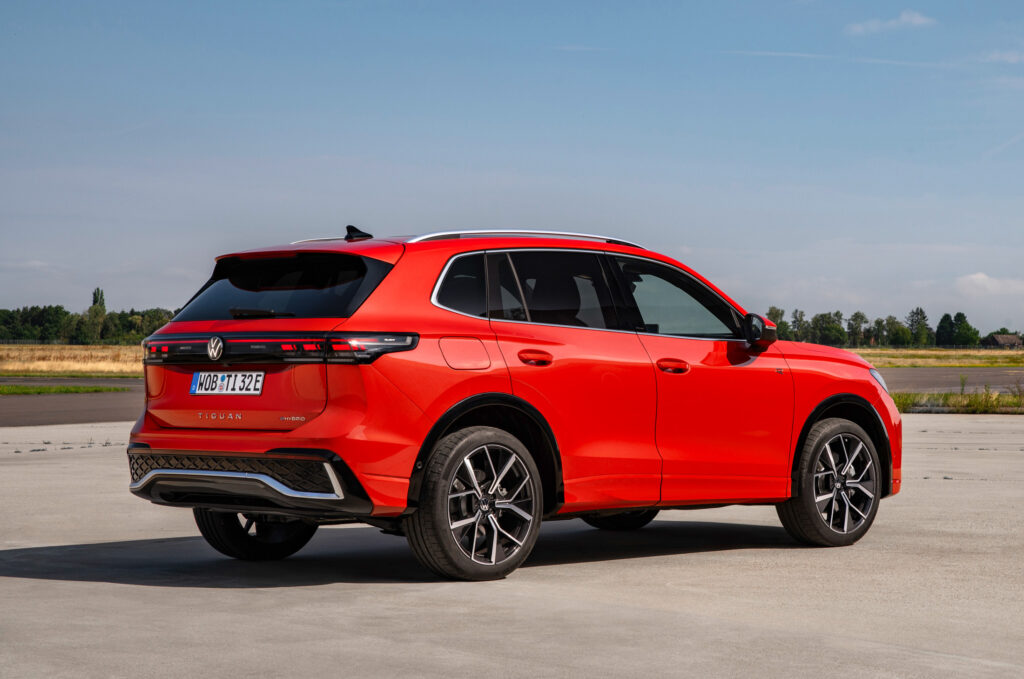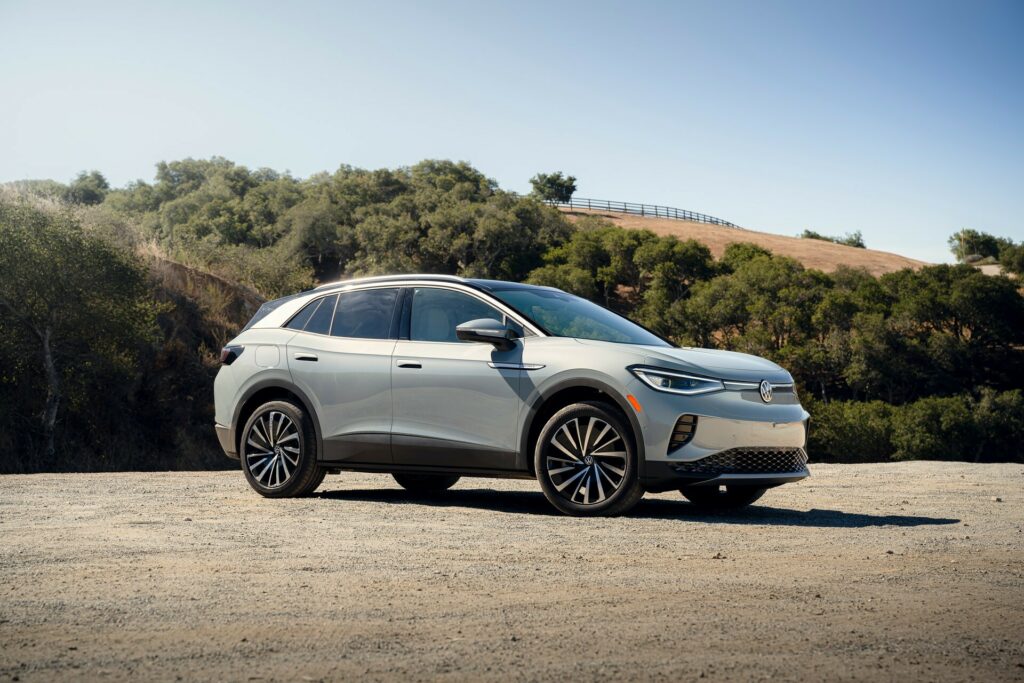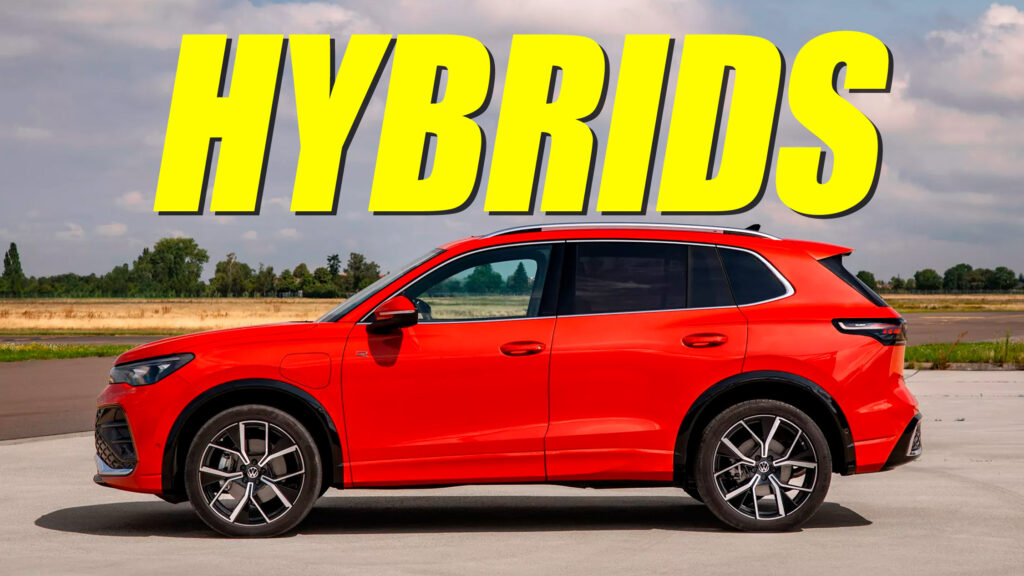- VW Group of America boss has backed new EPA regulations to curb emissions.
- Pablo Di Si indicated that PHEV technology from VW’s European range could be transferred to U.S. models.
- The German carmaker has noticed some pushback from customers on BEVs.
Volkswagen is rushing to launch new hybrid models in the U.S. and while it’s seen some slowing in demand for electric vehicles, it remains committed to them in the long term.
During a recent interview with Auto News, VW Group of America chief executive Pablo Di Si revealed he has spoken with dealerships and was told there’s growing positive sentiment to plug-in hybrids and a little bit of pushback from consumers for EVs.
Read: Remember ‘Electric First’? VW Backtracks On EVs, Looks To PHEVs for Growth
“The sentiment is the ICE, the plug-in hybrids are picking up,” Di Si said. “There’s some concern, some pushback on electric vehicles from consumers, particularly on the charging infrastructure. Nothing that will alter the long-term view, I would say. This transition of having more infrastructure and having more renewable energy will be key for more people to convert into electric vehicles because the lineup of vehicles is improving every day.”
Di Si is keeping VW’s plans for its U.S. hybrid models under wraps. However, he confirmed that dealers and consumers are asking for hybrids and the brand is working to deliver them.
“The dealers are asking for it. The consumers are asking for it,” he told Auto News. “We have some really good news internally, in terms of our product portfolio. I will not discuss it today. But we have good news that I’d like to share first with the team and then with the dealers.”

The executive said that technology from the all-new Tiguan PHEV recently launched in Europe could be brought over to the U.S. market. Whether or not the U.S. version of the Tiguan will adopt a plug-in hybrid powertrain remains to be seen. In Europe, it features a 1.5-liter turbocharged four-cylinder and a 19.7 kWh battery pack, capable of 62 miles (100 km) of pure EV range.
Di Si also backed the recent EPA changes to U.S. tailpipe emissions regulations. He said he supports legislation on CO2 emissions reductions that will allow carmakers the flexibility to choose what kind of powertrains they need to meet these standards, as opposed to enforcing legislation stipulating just a single option, like BEVs.
“At the end of the day, each OEM will decide their product portfolio. They still have the same CO2 targets,” he said. “But how they’re going to achieve it is up to each OEM: if you want to have all-electric or you want to have a combination of electrics and plug-in hybrids or hybrids. I’m always a supporter of not doing legislation on technology but doing legislation on CO2 reduction. And then each OEM can decide how to get there.”




